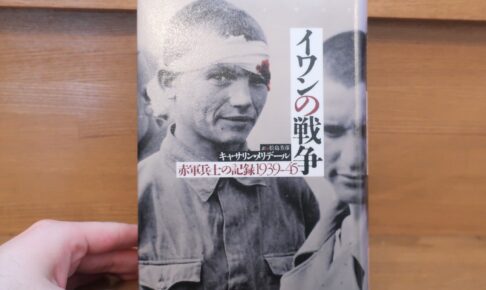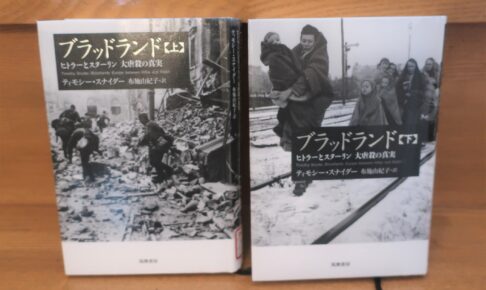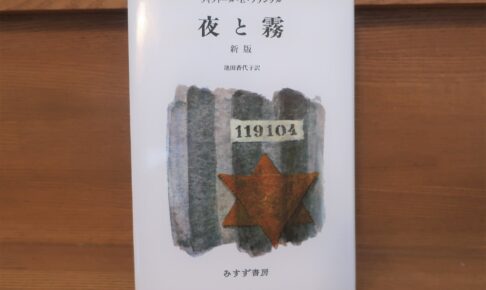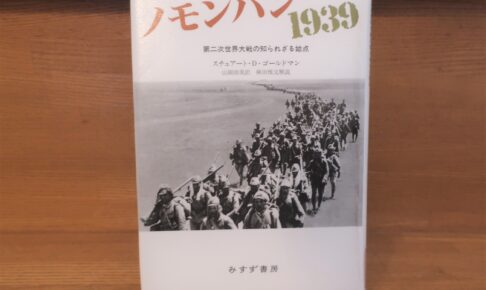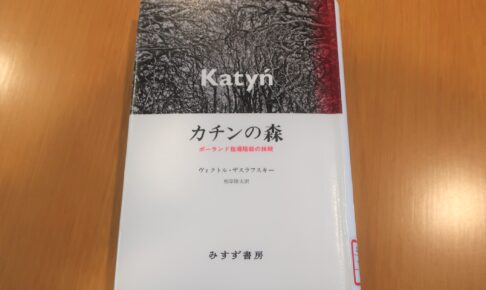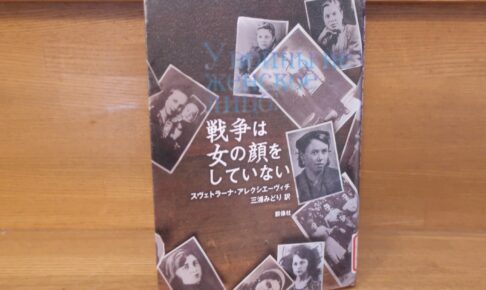(6) Summary - Why did Ivan fight? The meaning of studying the inner life of a soldier in the extreme conditions of war.
The content in this book is truly shocking. It tells of barbaric acts that make you want to turn away.
But Ivan and others who lived in such a hellish world also shed tears.
The misdeeds committed by Ivan and his colleagues are unforgivable. However, merely impeaching them will not solve anything.
Why did this happen, and what did Ivan and his friends suffer and shed tears over? I felt that it is important to find out the answers to these questions in order to prevent the repetition of the same history.












